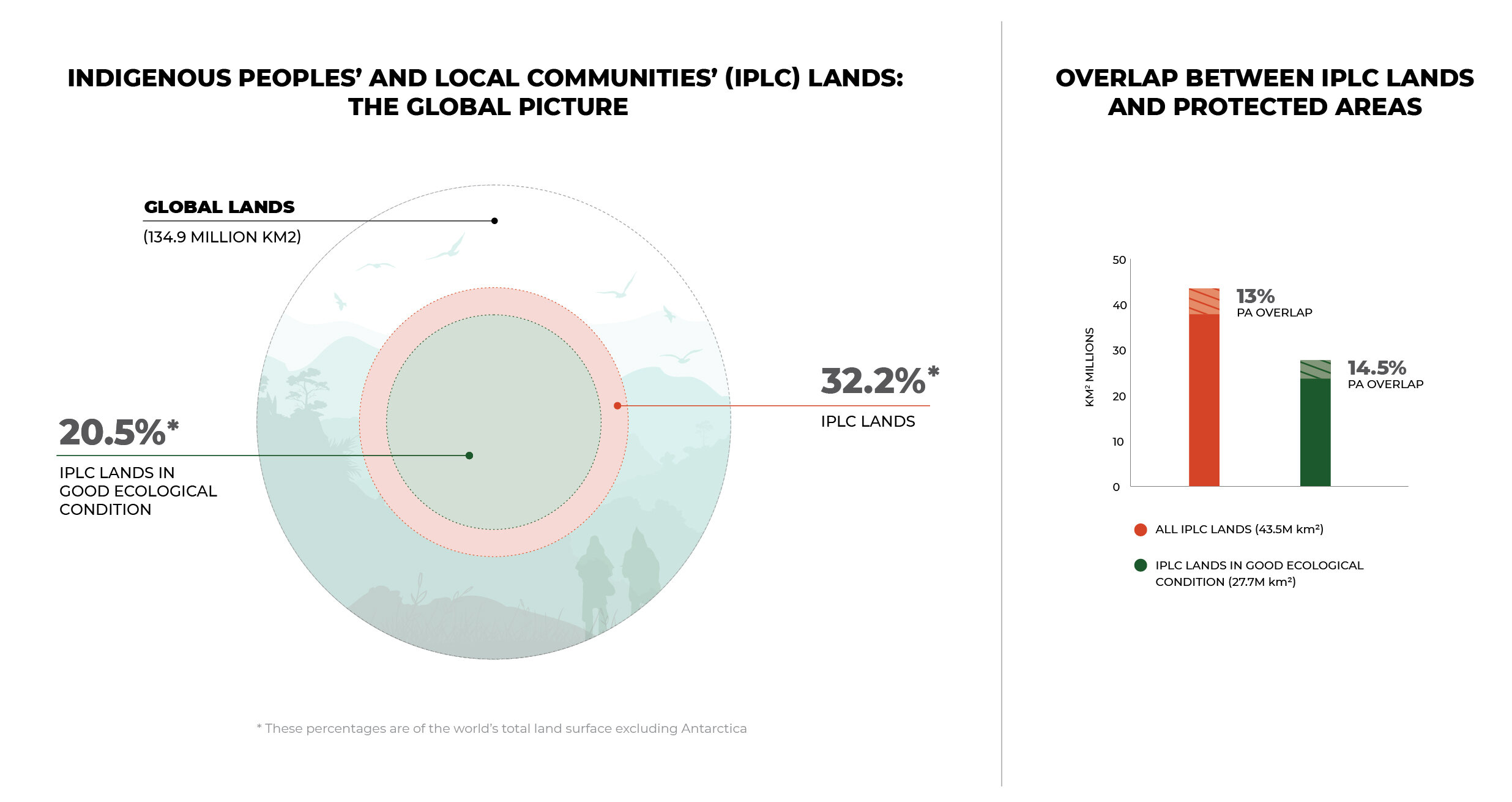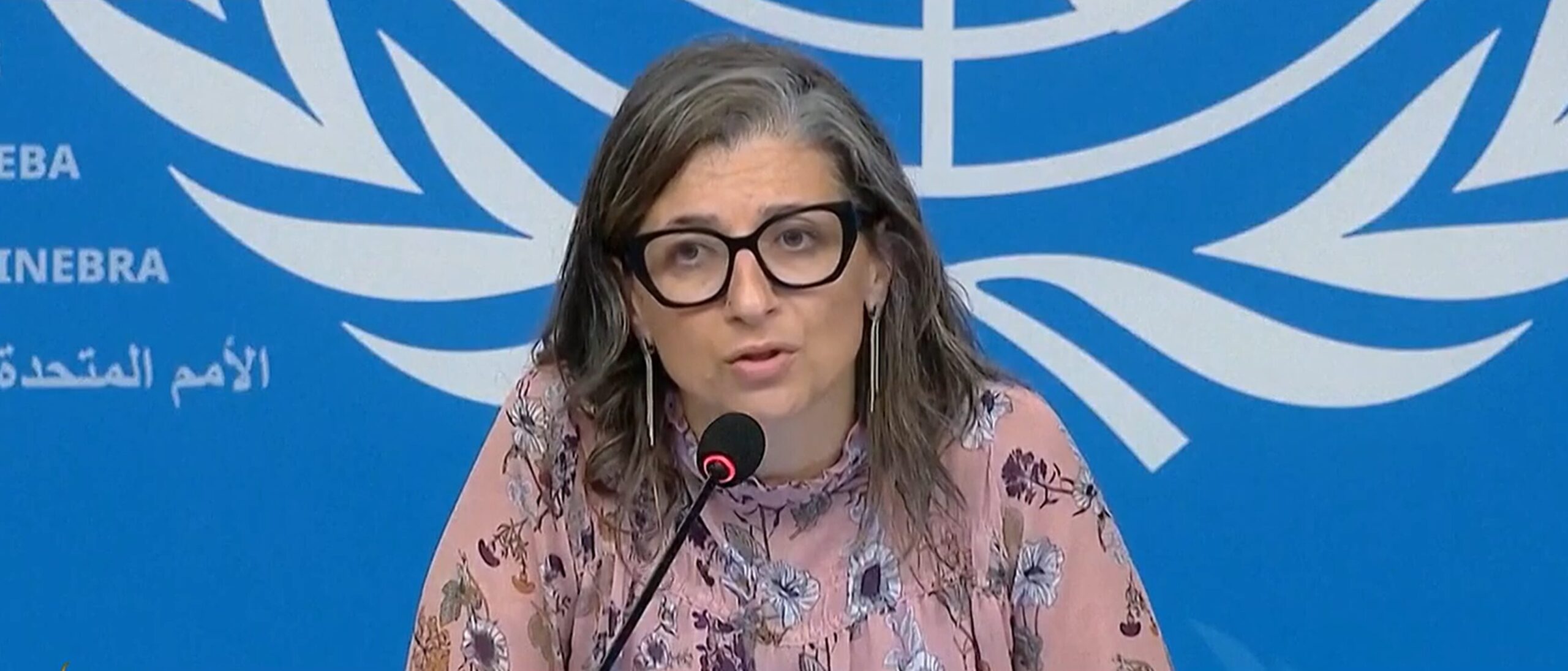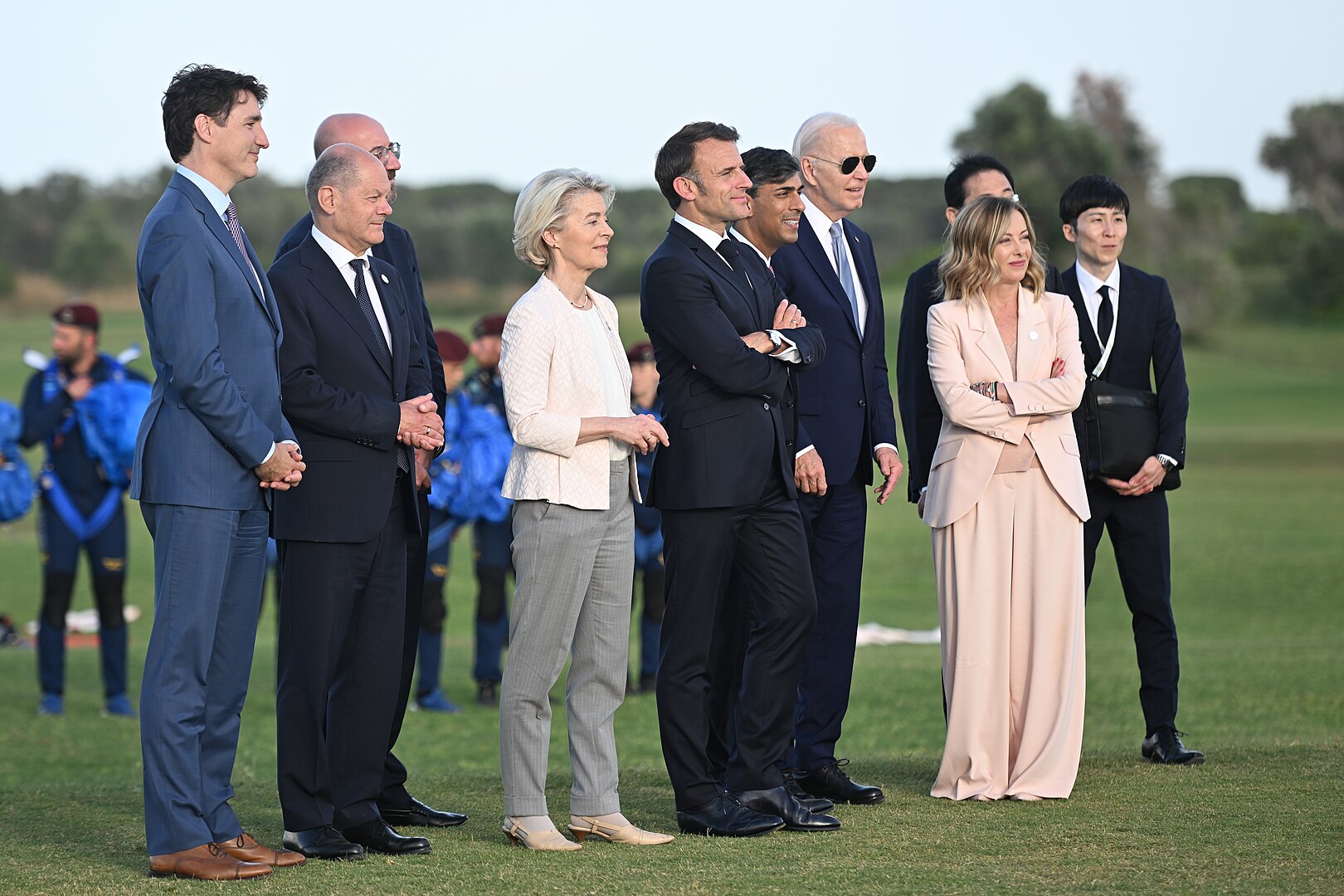DJA BIOSPHERE RESERVE, Cameroon. April 1st 2019. PICTURED: A chief of the Baka pygmies looks pensive in a forest camp. Photo credit: Alejpalacio. CC 4.0.
A new collaborative analysis, informed by around 30 conservation experts, indigenous peoples and rights organizations, details that if major biodiversity goals set down by nations are to succeed in protecting the bulk of the planet’s wildlife species, the methods for doing so may be easier than they think.
Rather than relying on mass fundraising, anti-poaching operations, or oppressive regulations on industry, if governments around the world simply recognized the existing ownership claims over land belonging to a group the report labels “Indigenous Peoples and Local Communities” (IPLC), then by the numbers it would be one of the largest safeguarding events of biodiversity and habitat ever conceived.
The report finds that a staggering 32% of the world’s land—spanning 132 countries, is under ownership or stewardship of IPLC, a figure which the report admits is likely wrong; likely too small. 91% of IPLC land is considered in good ecological condition—which itself is 42% of all the land on earth considered so.
Furthermore, 36% of land owned by IPLC is located within Key Biodiversity Areas, such as the Amazon Rainforest, and 25% of their land is centered around areas that produce critical ecosystem services for millions, such as fresh drinking water, or fine timber for housing construction.
For generations these lands have been protected and conserved, not as a massive conservation organization might, but in their own traditional way, by the indigenous inhabitants thereupon for there own means and ends, and recognizing the value of their knowledge of the land could make enormous strides towards fulfilling existing and future biodiversity goals.
“Our pastoralism model can’t be separated from the existing natural environment, it’s our role to enhance health ecology for the benefits of ourselves,” said Justine Ole Nokoren, traditional leader from Tanzania, highlighting this point, that if they let ecosystem degrade, so degrades their way of life.
© The State of the Indigenous Peoples’ and Local Communities’ lands and territories Report.
The last set of targets put forward by the Convention on Bio. Diversity under the Global Biodiversity Framework, failed rather miserably, and as the new framework is being decided upon right now as the convention continues to meet until the 3rd of September, it could be worth someone’s while to bring up this new report and make a strong case for transferring more control over to IPLC.
By the numbers, if certain governments truly want to protect biodiversity, there’s no better way.
“According to the report, with appropriate recognition of rights to land and territories and support for IPLC governance systems, IPLC lands identified in Ecuador could double the area protected or conserved in the country from 22% to an estimated 44%,” write the WWF who released a statement on the report. “In the Philippines, following a similar appropriate process, protected or conserved areas could increase from 16% to an estimated 27%”.
“Indigenous Peoples bring essential knowledge, experience and guidance to conservation efforts. We must be present and our voices must be valued as part of the global conversation,” said Minnie Degawan, director of the Indigenous and Traditional Peoples Program at Conservation International and member of the Kankanaey-Igorot Indigenous group in the Philippines. “Our ideas and expertise are rooted in our long-standing relationship with nature and this study illustrates the importance of collaboration”.



